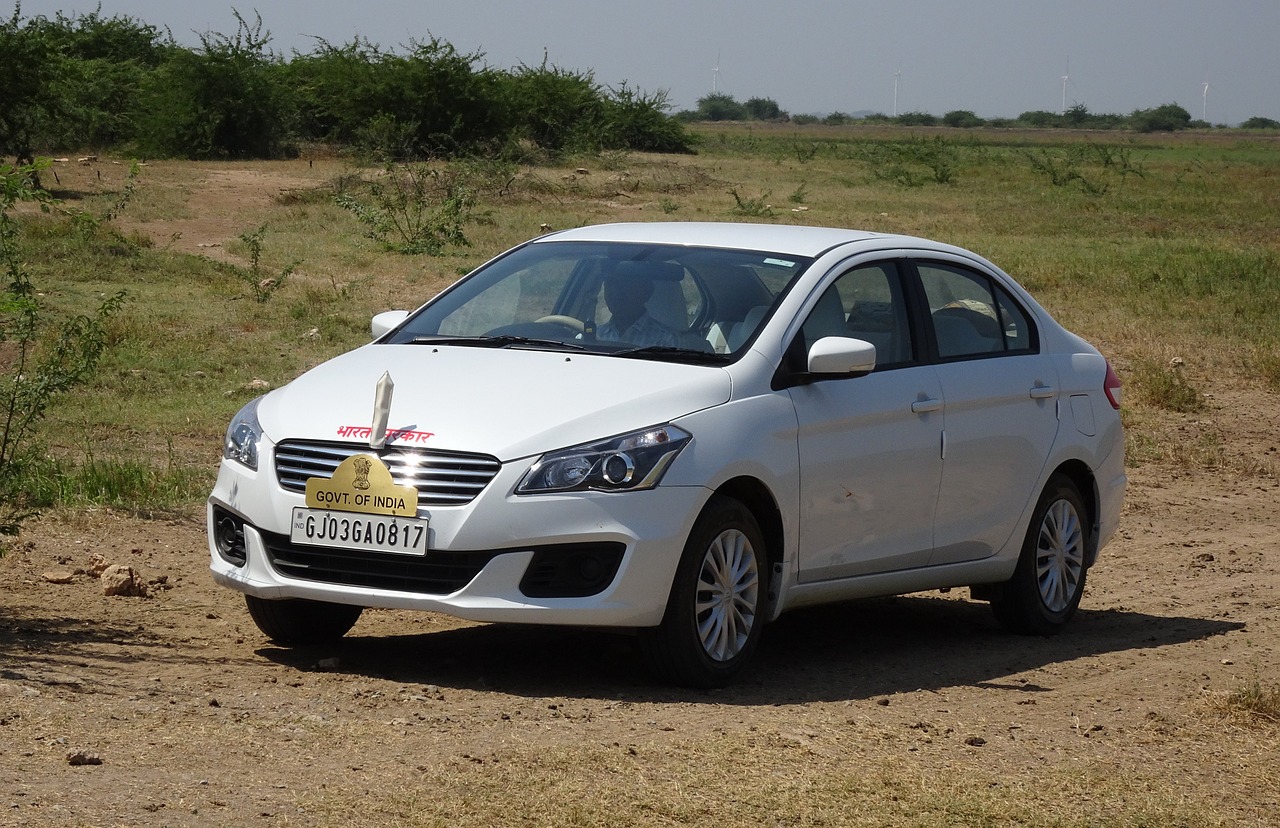Investigating the Psychology of Road Rage and Driver Behavior
Road rage can be triggered by a variety of factors that can quickly escalate minor frustrations into aggressive behavior on the road. Common triggers include heavy traffic congestion, being cut off by another driver, tailgating, and feeling disrespected or provoked by the actions of fellow motorists. In these high-stress situations, individuals may experience heightened emotions like anger, frustration, and a sense of injustice, leading to impulsive and aggressive driving responses.
Moreover, personal issues such as ongoing stress, anxiety, and fatigue can exacerbate one’s susceptibility to road rage triggers. When drivers are already feeling overwhelmed or emotionally charged due to external stressors, their ability to manage their reactions to provoking situations on the road may be compromised. Additionally, cognitive factors like irrational thinking, poor impulse control, and a tendency towards aggressive behavior can also play a role in how individuals respond to potential triggers while driving.
The Role of Stress in Driver Behavior
Stress can significantly influence how a driver behaves behind the wheel. When drivers experience high stress levels, their decision-making abilities and reaction times may be impaired, which can lead to a higher likelihood of engaging in aggressive or reckless driving behaviors. Stressful situations on the road, such as heavy traffic, time constraints, or encounters with discourteous drivers, can trigger emotional responses that contribute to a driver’s stress levels.
Moreover, chronic stress can have long-term effects on driver behavior. Drivers who experience ongoing stress may develop a heightened sense of irritability and frustration, making them more prone to expressing their emotions through aggressive driving tactics. This can create a cycle where stress leads to aggressive driving, which in turn exacerbates stress levels, creating a potentially dangerous situation for both the stressed driver and others on the road.
• Chronic stress can lead to heightened irritability and frustration
• Aggressive driving tactics may be a result of ongoing stress
• Stress can create a dangerous cycle where aggressive driving exacerbates stress levels
In addition to affecting decision-making and emotional responses, stress can also impact physical aspects of driver behavior. High-stress levels can manifest in physical symptoms such as muscle tension, increased heart rate, and shallow breathing, all of which can impair a driver’s ability to maintain focus and control while behind the wheel.
Furthermore, stressed drivers may be more likely to engage in risky behaviors such as speeding or tailgating in an attempt to alleviate their feelings of anxiety or frustration. These behaviors not only put the stressed driver at risk but also increase the likelihood of accidents involving other motorists on the road.
• Physical symptoms of stress include muscle tension, increased heart rate, and shallow breathing
• Stressed drivers may engage in risky behaviors like speeding or tailgating
• Risky behaviors increase the chances of accidents involving other motorists
Impact of Personality Traits on Road Rage
Several studies have explored the relationship between personality traits and road rage incidents. Individuals with high levels of hostility, impulsivity, and aggressiveness are more likely to exhibit aggressive driving behavior and engage in road rage. These individuals tend to have a lower threshold for frustration and are more prone to react aggressively in stressful driving situations.
Moreover, research suggests that individuals with narcissistic tendencies may also be more susceptible to road rage. Their sense of entitlement and need for dominance can lead to aggressive and reckless behavior on the road, putting themselves and others at risk. Understanding how specific personality traits can influence a driver’s likelihood of experiencing road rage is crucial in developing effective interventions to mitigate aggressive driving behavior.
What are some common triggers of road rage?
Some common triggers of road rage include aggressive driving, being cut off in traffic, being tailgated, and experiencing delays or obstacles on the road.
How does stress affect driver behavior?
Stress can lead to increased aggression, impatience, and frustration while driving, which can contribute to road rage incidents.
What personality traits are associated with road rage?
Certain personality traits, such as impulsivity, hostility, and low tolerance for frustration, have been linked to an increased likelihood of engaging in road rage behaviors.
Can understanding personality traits help prevent road rage incidents?
Yes, by recognizing and addressing individual personality traits that may contribute to road rage, drivers can take steps to manage their emotions and reactions on the road, potentially reducing the risk of road rage incidents.







